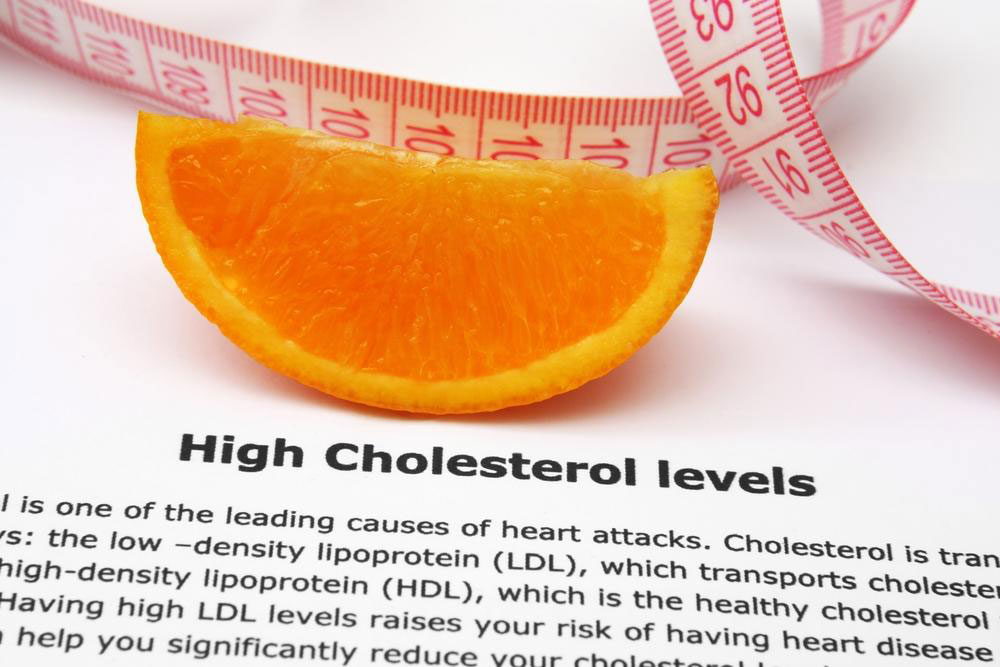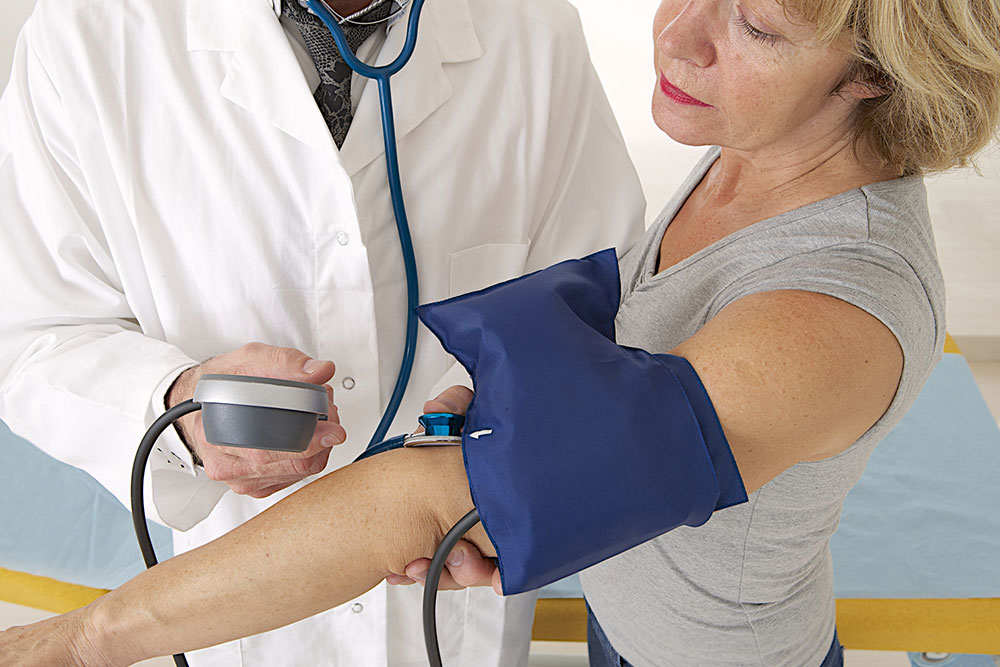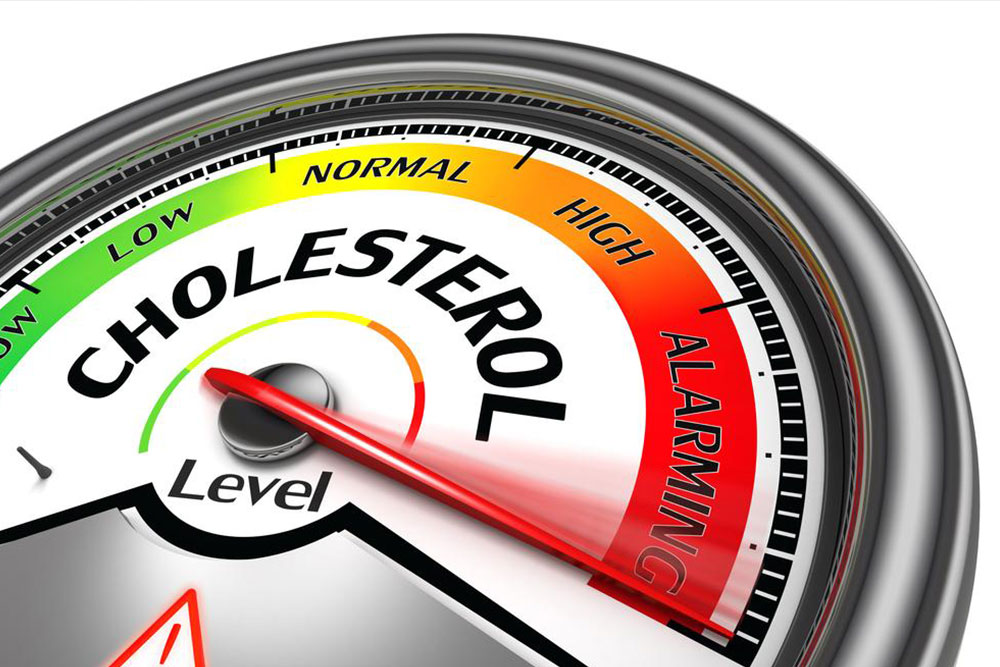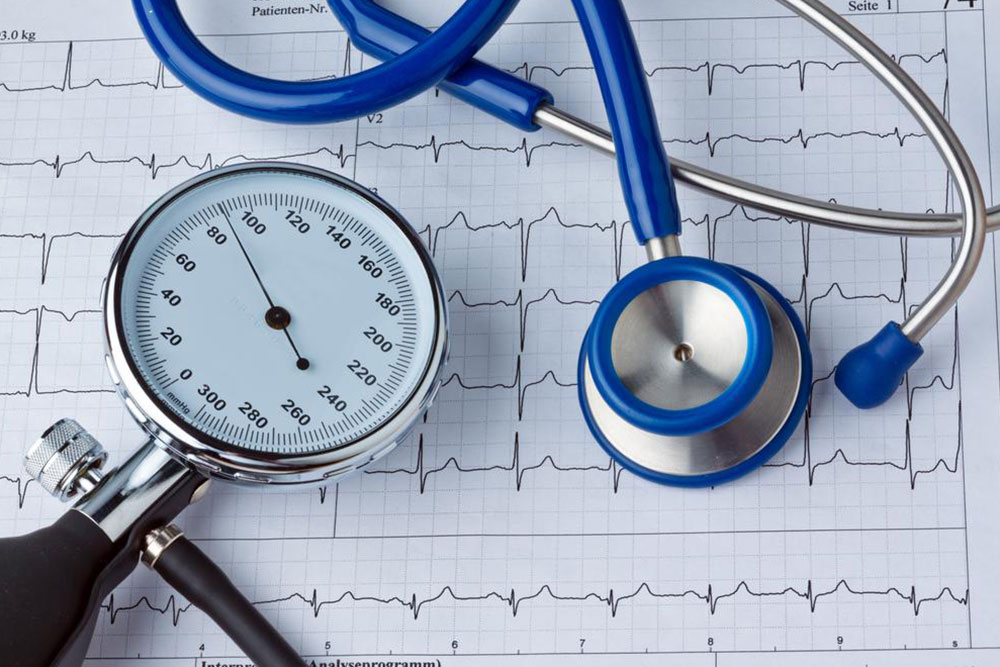Comprehensive Guide to Heart Attack Indicators and Warning Signs
This comprehensive guide provides detailed insights into the key symptoms and warning signs of heart attacks. Recognizing symptoms such as chest discomfort, excessive sweating, breathlessness, rapid heartbeat, dizziness, and unexplained fatigue can save lives. Immediate medical intervention is crucial upon noticing these indicators. The article emphasizes the importance of awareness, prevention, and quick response for better heart health outcomes. Stay informed about how to identify early signs of myocardial infarction and protect yourself and loved ones from potentially fatal cardiac events.
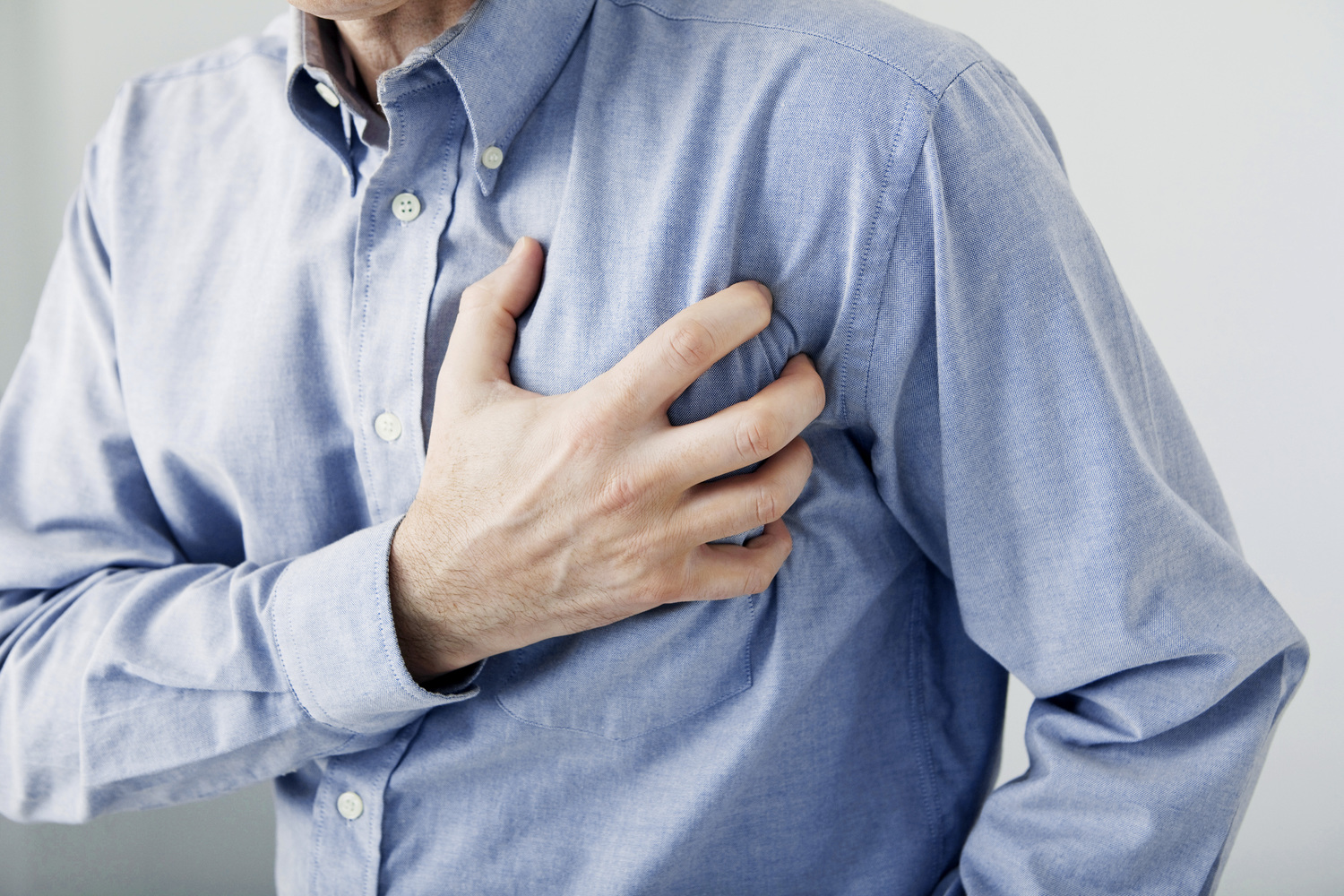
Understanding Heart Attack Symptoms and Early Warning Signs
Heart attacks, medically termed myocardial infarctions, often occur unexpectedly, sometimes without clear prior warning. They are primarily caused by blockages in coronary arteries that restrict blood flow to the heart muscle, leading to tissue damage or death if not promptly treated. Recognizing early signs and symptoms can significantly improve the chances of timely medical intervention, reducing the risk of severe complications or fatalities. This detailed guide aims to educate readers on the common and atypical symptoms associated with heart attacks, helping individuals identify potential warning signals and seek urgent medical help when necessary.
Preemptive action and immediate response are critical; if you observe any of these symptoms, contact healthcare providers immediately. For more information on medications, preventive measures, and treatment options for heart health, consult with medical professionals or trusted health resources.
1. Chest Discomfort and Pain
The most recognized symptom of a heart attack is sudden chest pain or discomfort. This pain often occurs in the center or left side of the chest and may feel like a crushing, squeezing, or pressure sensation. It typically lasts for more than a few minutes and may come and go. Sometimes, this discomfort can radiate to nearby areas such as the left arm, jaw, neck, back, or stomach. The pain does not usually improve with rest or changes in position and might worsen over time. If you experience persistent chest pain, especially coupled with other symptoms, immediate medical attention is vital.
Heart attack-related chest pain might be accompanied by sensations such as burning or tightness. It may recur periodically and be severe enough to impair daily functioning. Medications like Amgen's REPATHA are approved to help lower the risk of subsequent heart attacks and strokes, and ongoing research continues to improve therapeutic options for cardiac patients.
2. Excessive Sweating and Clamminess
One of the classic signs is sudden, profuse sweating, often cold and clammy to touch. This sympathetic nervous system activation occurs during a heart attack, causing the skin to become moist and skin temperature to drop. Sudden sweating is often associated with intense discomfort and can be mistaken for other conditions such as heat exhaustion or anxiety, which underscores the importance of awareness and prompt evaluation.
3. Breathing Difficulties
Shortness of breath or dyspnea is a significant warning sign. This symptom can appear suddenly and persist even at rest, especially following physical exertion or emotional stress. Some individuals may find themselves unable to catch their breath, feeling as if they are suffocating or unable to get enough air. This can occur alongside chest discomfort or as an isolated symptom, particularly in women or diabetics, who may experience atypical signs of a heart attack.
4. Rapid or Irregular Heartbeat
Feeling like the heart is pounding, racing, or flopping can signal distress in the cardiac system. This sensation, known as palpitations, is often accompanied by a feeling of anxiety or impending doom. Some individuals also experience indigestion, nausea, or vomiting before or during the onset of a heart attack, which can sometimes mislead diagnosis. Recognizing these early cardiac irregularities can be life-saving.
5. Dizziness and Lightheadedness
Episodes of dizziness, loss of balance, or fainting spells are common precursors or accompaniments of a heart attack. These symptoms occur due to reduced blood flow to the brain or decreased cardiac output. Sometimes, the fainting spells happen unexpectedly and can be mistaken for other neurological or dehydration-related issues. Immediate assessment by medical professionals is essential in such cases.
6. Unusual Fatigue and Weakness
Persistent exhaustion that is unexplained by physical activity or stress can be an early sign of cardiac trouble. This fatigue may be severe enough to interfere with daily activities and may not improve with rest. It results from diminished cardiac function and poor blood circulation, signaling the need for further cardiovascular evaluation.
Early detection of these symptoms and prompt action can dramatically improve survival rates and outcomes. Regular health check-ups, maintaining a heart-healthy lifestyle, and managing risk factors like high blood pressure, diabetes, and cholesterol are essential preventive strategies. If you or someone nearby exhibits signs of a heart attack, call emergency services immediately and do not attempt to drive to the hospital.

